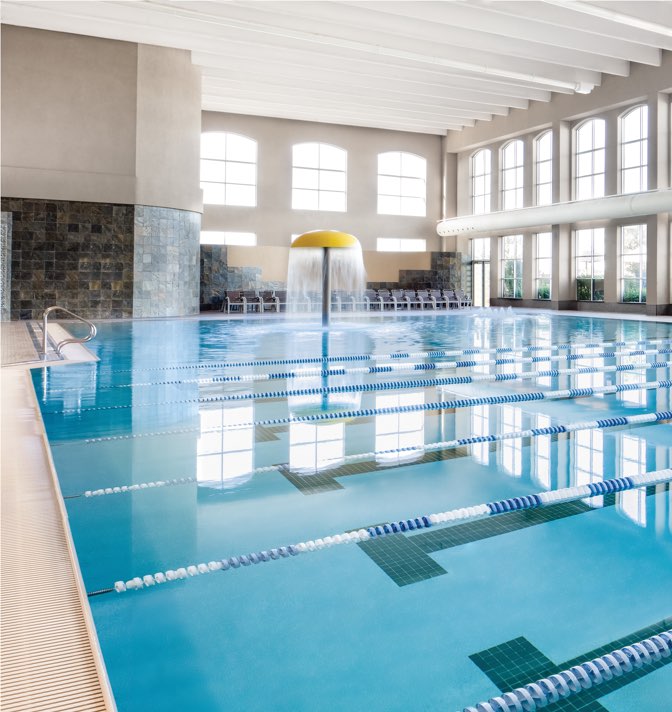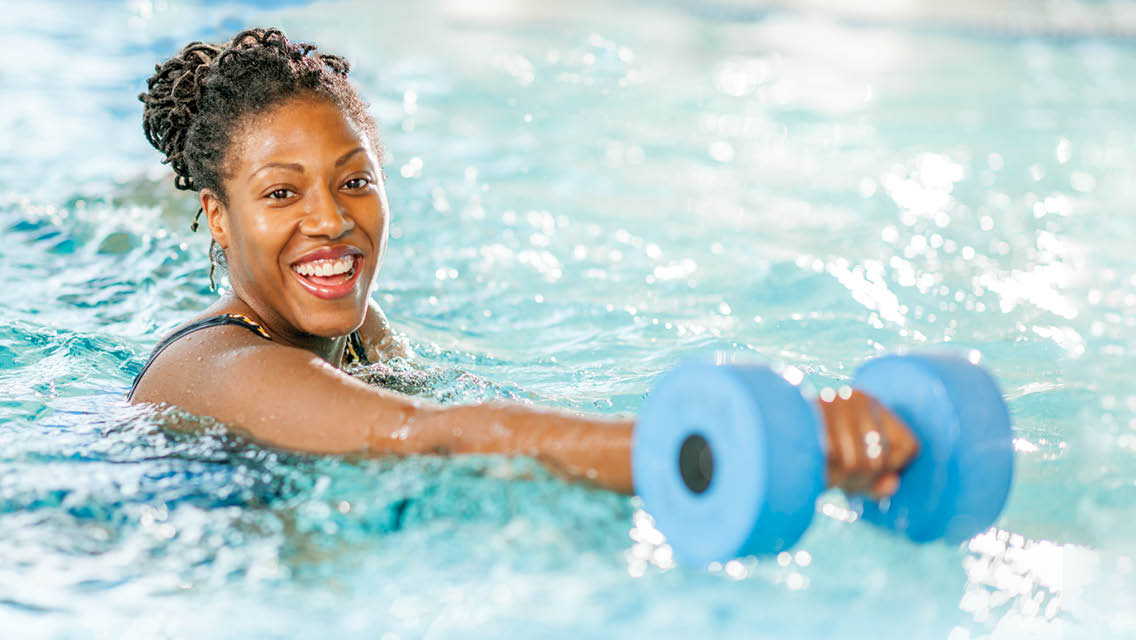The pesky downsides of chlorinated pools (dry skin, irritated eyes, destroyed swimsuits) were once thought to be the price you had to pay for a safe, low-bacteria swim. But recent research has shown that chlorine is powerless against the persistent bacterial colonies called “biofilms” that form in water. And when those biofilms interact with chlorine, they create a toxic gas that can pose a danger to your health.
So some forward-thinking pool operators are augmenting their chlorine-based filtration systems with sphagnum moss, a plant rich in natural antibacterial compounds that penetrate biofilms, reducing the amount of bacteria and reducing the need for chlorine in the water.
The University of Maryland recently introduced a sphagnum moss filtration system in its competitive-swimming pools, and Omaha’s Olympic training pool will soon be similarly equipped. Life Time Fitness is adopting the system in all of its outdoor pools this summer, says Bryan Janowiec, vice president of facility operations. “Moss has improved the water quality in these pools, and we’re getting positive feedback from members,” Janowiec says. “Many have noticed a decrease in the chlorine smell, plus less eye irritation and improved water clarity.”





This Post Has 0 Comments